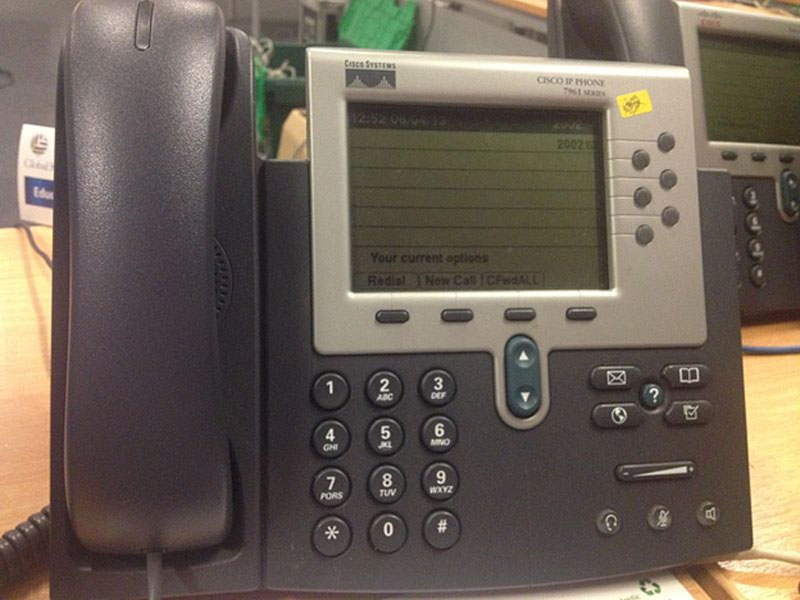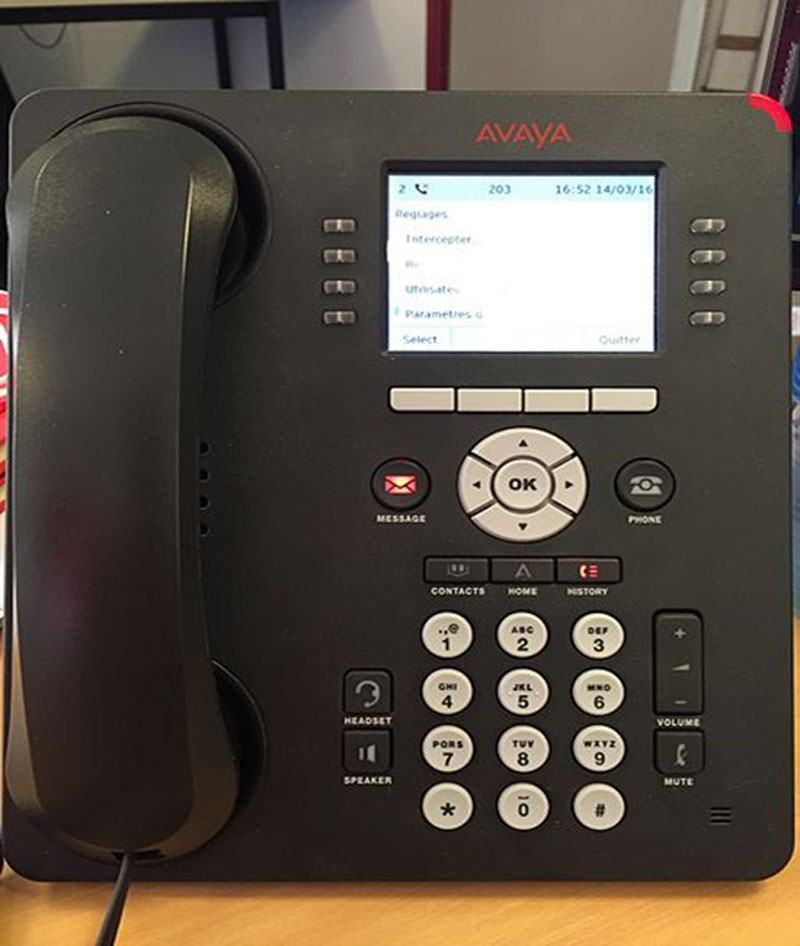Since the invention of the telephone, calls have used the Public Switched Telephone Network (PSTN) to reach their destination. This essentially involved ‘renting’ a line between two points for the duration of the call – hence long-distance and international calls being more expensive.

Image Credit
Scroll forward a hundred years or so and the switch-off of the PSTN system is on the horizon as a new technology is taking over. That technology is IP (Internet Protocol), allowing voice calls to be made using the web. This is also known as Voice over Internet Protocol or VoIP.
How Does It Work?
With an IP phone system, instead of the call going direct to its destination, it gets split up into packets of data that are sent over the internet. Because each of these can take a different route, the system can overcome congestion. It can also find the most efficient route to take, thereby reducing costs.
In order to make VoIP calls you need an IP phone. This can be a physical device like a conventional telephone, or it can be a ‘softphone’ that is a piece of software on a PC or mobile device. Businesses will also need an IP-enabled PBX system. Again, this can be physical hardware or it can be hosted in the cloud.

Advantages of IP
Ultimately, all phone systems will be IP, but there are a number of benefits too switching now. Firstly, you can get cheaper calls by taking advantage of wholesale VoIP termination rates from a supplier such as. https://www.idtexpress.com/blog/2018/04/07/wholesale-voip-termination-rates-why-voip-is-booming/. This is of particular benefit to businesses that make high volumes of calls or need to call overseas.
There are other savings to be made too. You don’t need a dedicated line for your phone system – so no need to rent an ISDN line – because VoIP uses your internet connection. Provided you have enough bandwidth, this can be shared with your data needs.
There are advantages in flexibility too: with an IP phone system it’s easy to scale up your call capacity as the business grows or to cope with seasonal demand. You can also retain your existing phone numbers even if you relocate to another site and give customers a local number to dial into even if the calls are handled at a central location.










